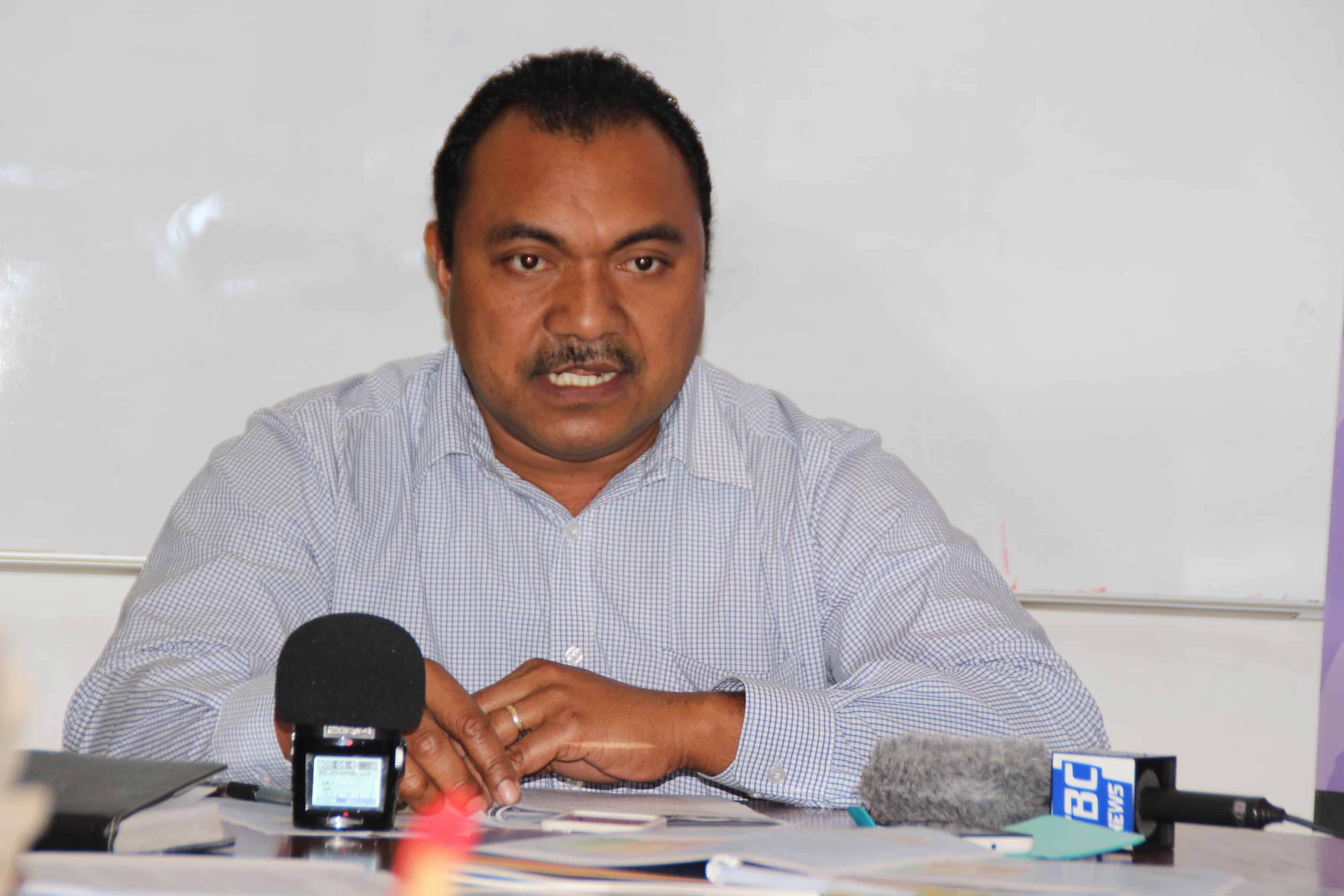Fiji improves global ranking of budget transparency
The International Budget Partnerships Open Budget Survey (OBS) is the world’s only independent, comparative, and regular measure of the three essential pillars for accountable budget systems; budget transparency, citizen participation, and independent oversight institutions.
The survey released today revealed that Fiji’s score in relation to budget transparency, the first pillar, had slightly improved from 6/100 in 2012 ranking climbing to 15/100 in the 2015 ranking. The 2015 score assessed Fiji based on data collected up till June 2014. Although the Fiji government has increased the amount of budget information available to the public, the survey further reveals that Fiji still ranks among the world’s worst on budget transparency, with the global average score being 45. This means that, although citizens have slightly more access to the information they need to participate in decision making and hold the government to account, there is a strong need for this to greatly increase.
This improved rating can be attributed to the publication of the 2013 Year-End report. It is important to highlight that, given the timeframe for the survey, the rating does not reflect some significant developments since June 2014, such as the scrutiny of the Auditor-Generals reports from 2007 to 2013 by the Public Accounts Committee, or the 2015 Budget Estimates which were introduced and enacted in Parliament in December 2014. It is expected that we will see a great improvement in Fiji’s next ranking.
Chief Executive Officer (CEO) Bulutani Mataitawakilai says it is encouraging to note that Fiji’s budget transparency has improved. This is an indication that we are headed in the right direction; however, there is much work that still needs to be done to enable citizens to understand and influence the use of public money.
“CCF welcomes the improved budget ranking for Fiji and credits the government for achieving this, but as the survey notes this ranking is significantly lower than the global average. We have seen some improvements since the survey, and we would like this to continue. Specifically, we would like to see the government make publicly available an In- Year Report and Mid-Year Review, as well as the introduction of a Citizens budget- a simpler and less technical version of budget documents that enables citizens to better understand public spending.” said Chief Executive Officer, Bulutani Mataitawakilai.
Fiji has scored 10/100 in the second essential pillar, Citizen Participation, indicating that the opportunity for the public to engage in the budget processes is weak. Transparency itself is insufficient for improving governance. Public participation is essential for open budgeting. Fiji’s score is lower than the global average score of 25, with Fiji ranked 10th in the Asia-Pacific Regional Comparison, after Malaysia and Papua New Guinea.
“We have seen the government provide some limited opportunities for public consultations, but this has been quite weak. Budget consultations are held and submissions are welcomed from the public, but there is little ongoing dialogue and we have yet to see submissions be reflected in the budget itself. What would make public participation stronger is ongoing public engagement in budgeting and feedback as to what public submissions have been received and how they are being implemented, as well as opportunities in Parliament for public testimonials during budget hearings” said Mataitawakilai.
“Public Budgets are the government’s most powerful mechanism to support the lives and the livelihoods of all people in the country, but particularly those who are poor and marginalized. It’s those citizens that depend most on the support that government provides from them,” said Mataitawakilai.
The third essential pillar, Independent Oversight Institutions, contains two parts; oversight by Parliament and by the Supreme Audit Institution, the Auditor General’s Office. During the year 2013 to 2014, the legislature had yet to be reinstated and Fiji scored a dismal 0/100. Being that this has since been restored, we expect to see a great improvement in this rating in the next survey.
Finally, Fiji has scored 25/100 for oversight by the Auditor-General. The survey concludes that the Auditor-Generals oversight is weak because, although it has some discretion to undertake audits as it sees fit, the Auditor-General can be removed without approval from Parliament or the judiciary, undermining its independence. The survey also noted that the Auditor-General’s office had insufficient resources to fulfil its mandate. Although transparency has improved in relation to the Auditor-Generals reports being tabled in Parliament, unless we see improvements in resourcing and the removal procedures of the Auditor-General, it is unlikely this score would improve much further.
It is a constitutionally entrenched requirement that the Auditor-General have adequate funding and resources to independently and effectively exercise their powers, and we hope to see this reflected in future budgets.
In order to achieve Independent Budget Oversight, the government should ensure that the Budget Estimates are adequately and properly debated in Parliament. This includes strengthening capacity to conduct budget analyses, having a formal pre-budget policy debate prior to tabling the Budget Estimates, and ensuring that this vital debate is allocated enough time within parliamentary procedures to be suitably deliberated.
CCF works in collaboration with the International Budget Partnership (IBP) on the OBS. Since 2008, Fiji has been engaged in this research, through monitoring government websites and liaising with government officials on the availability of budget documents.
“Budgets are the most essential vehicle through which governments can deliver on their promises to the people,” said Mataitawakilai.
End

